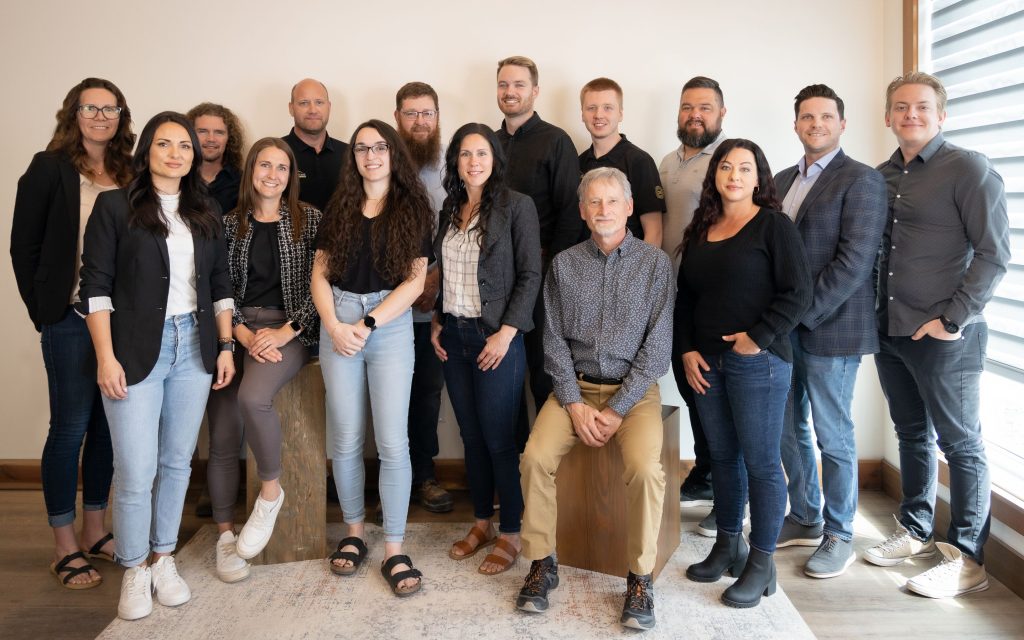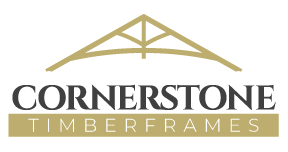A few weeks ago, I was in a session where a business leader was given several minutes to talk about whatever was on his mind. He described his concern that there was a surge in companies adopting Diversity, Equity and Inclusion policies (DEI). He felt this trend was evidence of “groupthink” that 1960’s term coined by John F Kennedy to describe how decision makers promoting the Bay of Pigs / Cuba invasion lost sight of alternatives and plunged forward on a disastrous course of action. His message was that DEI adopters are foolishly chasing a popular trend and are headed into trouble with dark consequences for society. He couldn’t bring himself to define DEI or specify what those bad outcomes might be. I sensed he was holding back. Perhaps he knew that saying more would expose his unfounded fears.
While he spoke, I thought about the changes I’ve witnessed at my workplace over the past several years. Cornerstone started as a 100% traditional, macho-man timber frame shop that Tim the Toolman Taylor or even Archie Bunker would have loved. It ran like that for 25 years. Now, it’s a place where more than half our employee group, including our CEO and lead timber framer, are women. We also have Metis and Indigenous co-workers. Our worker morale and productivity are up, creative thinking and solutions abound, and our diverse workforce has put us on track to double our sales in just two years. How did this happen? First, some folks with bad attitudes found the exit door. We then invited a woman to try her hand at cutting joinery. When she succeeded beyond all expectations, it pushed us to consider the possibility that ‘other’ good people wanted to join us… people we had previously excluded. As the evidence mounted, we changed our old stereotype of who can be a timber framer, and we haven’t looked back.
As you can see, our transformation didn’t happen because we set out to be a diverse, equitable or inclusive company. We dealt honestly with what we saw, the performance data and the positive “can do” attitude shift. Our experience is that there is nothing to fear, only multiple good outcomes for employers, employees and customers. After all, what is DEI when you really think about it? It’s working cordially with people who don’t look like you or who may see things a little differently. It’s about treating people fairly and allowing them to be fully part of your enterprise, with all the benefits and responsibilities. It is saying yes to a virtuous cycle of learning, growing and re-imagining better ways to be. Where is the danger? Do we love our chains more?
I can’t resist smiling as I reflect on our DEI journey until I think about the personal and corporate goodness we could have missed if we never took that first step.
So, if this is groupthink, please tell me where I can find more!
You can find Cornerstone’s Diversity, Equity and Inclusion policy here!


